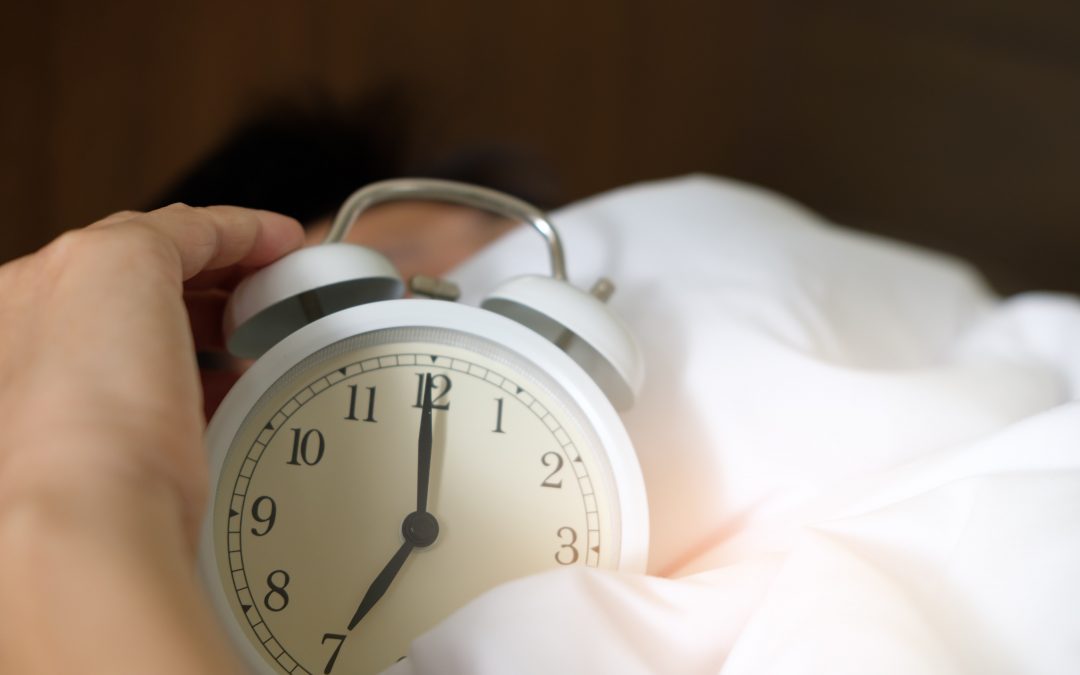Many of us begin our working days in a state of near panic as we, maybe, sleep through the alarm for a few minutes, struggle to work out what to wear that day and then have to scour the house to find out where we have left the car keys. We might well benefit from these 11 evidence-based suggestions of things we can do to build structure into our day by establishing a morning routine.
1. If you are back to working in an office or other site and have to leave home every morning, then do yourself a favour by preparing for a stress-free start the night before. Know where your keys are, pick out your clothes, and leave your lunch ready for you in the fridge. This will mean that you can make the most of the limited time you have between waking and heading to work, reducing stress and uncertainty.
2. Now let’s look at the way you wake up. Rather than lying in the dark, which can induce grogginess that might take some time to clear, put a light on as soon as you open your eyes and increase your wakefulness. It’s even better if you can get some natural light into the room by opening the curtains.
3. Make sure that one of your first tasks is to make your bed. It may seem strange but there is evidence of a correlation between bedmaking at the beginning of the day and better sleep at its end. That correlation also extends to a better mood throughout the day and it has been argued that this may be associated with the person building their self-esteem and boosting their self-confidence by setting things in order. That feeling, once established can follow you through the rest of your day.
4. Most of us will be dehydrated to some extent after a night’s sleep and we know that there is a link between dehydration and feelings of fatigue, low mood, irritability, and confusion. Drinking water at the beginning of the day can, therefore, energize you and help put you in the right frame of mind to face the day.
5. Eating something within the first hour of waking up is a great way to boost a good mood by raising blood sugar levels after fasting through the night. Research has shown that those who have breakfast every day, especially those that eat breakfast cereals, have lower cortisol levels. Cortisol is a hormone associated with stress. As well as cereals, nuts, yogurt, and eggs have been shown to benefit the mental health of people experiencing stress and anxiety.
6. Take some time to write down three things that you are grateful for. This has been demonstrated to increase feelings of happiness and positive wellbeing. You don’t even need to share your list with others as studies have shown that even when the list is kept private people begin their day with a grateful, more positive mindset.
7. Give yourself a reason to be up and doing by starting the day with an activity you enjoy and that will motivate you. Walk the dog, try a new breakfast, anything that gets the day started. Plan what you want to do the night before.
8. It may be tempting to reach for the smartphone or similar technology at the start of the day. We all know how compulsive that can be, and it can be problematic in terms of mental health. Avoiding media at the beginning of the day can help increase mental clarity and build a sense of purpose from the outset as well as sheltering you from news and content that might lower your mood.
9. Try using relaxation or meditation exercises. There is evidence that meditation can relieve stress to the same extent as taking a holiday. It has also been shown to be beneficial for those experiencing anxiety, depression, and even physical pain.
10. Start the day with a to-do list of the things you want to accomplish today. It will give your day a structure, help you remember what your goals are, and make it far easier to achieve them. Keep it short and realistic. Ticking each one off as you go through the day will give you a feeling of accomplishment and control.
11. Exercise is proven to help produce a good mood and to reduce feelings of anxiety and depression, as well as being positive for physical health. It does not necessarily need to be extensive. Around 20 minutes a day will have a positive effect and if there is time for more then so much the better.
Building elements such as these into a positive daily routine can help us improve and maintain our wellbeing by taking control of those things that are within our control.

